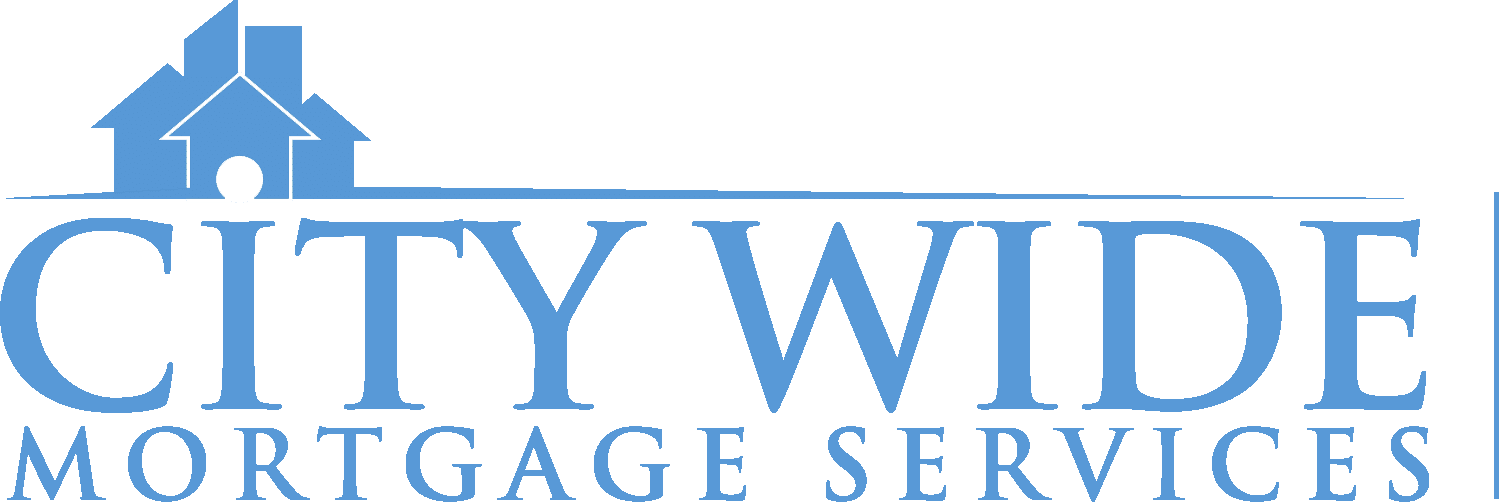What controls fixed rates?
Hi, Ryan here with the Mortgage Centre City Wide. I know we’re really going through the basics here & breaking down the topics of these videos to their most basic form, but a fixed rate mortgage is really, well, very simple. Your interest rate & mortgage payment are fixed throughout the length of your term. Of course, you can fix your payments at a higher level, but that minimum monthly amount & the rate that’s based off of are fixed for your term.
So, I think a better topic here is explaining what drives your fixed rate mortgage, or, how do banks determine their 5 year mortgage rate. Remember, in my video on what controls your variable rate, we learned that the Bank of Canada is in the drivers seat. Well, fixed mortgage rates are determined by the market & are based off of government bond yields. Why?
After mortgages are arranged, they are packed up & sold on the markets as Mortgage-Backed Securities (MBS). These investments are similar to government bonds and actually compete against each other as low-risk investments. So when the yield on the 5 year bond increases, investors are attracted away from Mortgage Backed Securities to the corresponding bond because, now, the bond has a higher yield. To become more competitive, then, lenders will increase fixed rates & vice versa.
So the final question we have here is why do bond yields increase or decrease? The coupon for the bond, or the income that bond produces, is fixed, so why would someone want to pay more or less for that fixed income?
Well it’s driven by supply & demand. When the stock market is in turmoil, people want a safe place to put their money, so they may go after bonds. The more people wanting to buy bonds, the higher the price increase &, in turn, the more the yield decreases.
This is probably getting into another topic but bond yield & price have an inverse relationship. All you really need to know is when the markets are volatile, the yield on bonds decrease & therefore fixed rates will decrease. On the other side, when the markets are strong, investors are attracted away from bonds, their price decreases, yield increases, as will fixed rates.
Now typically, the spread between the bond yield & the corresponding fixed rate is 1.2 — 1.4%, but fixed rates are kind of like gas prices, they’re quick to go up but slow to trickle down. So if you want to get an idea of when 5 year fixed rates are going to increase, keep an eye on the 5 year bond yield. Or call me.
Ryan Zupan
Mortgage Planner
